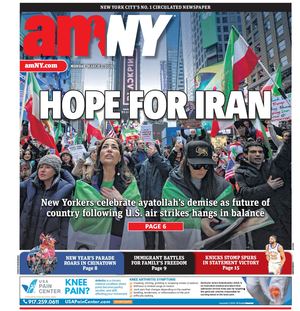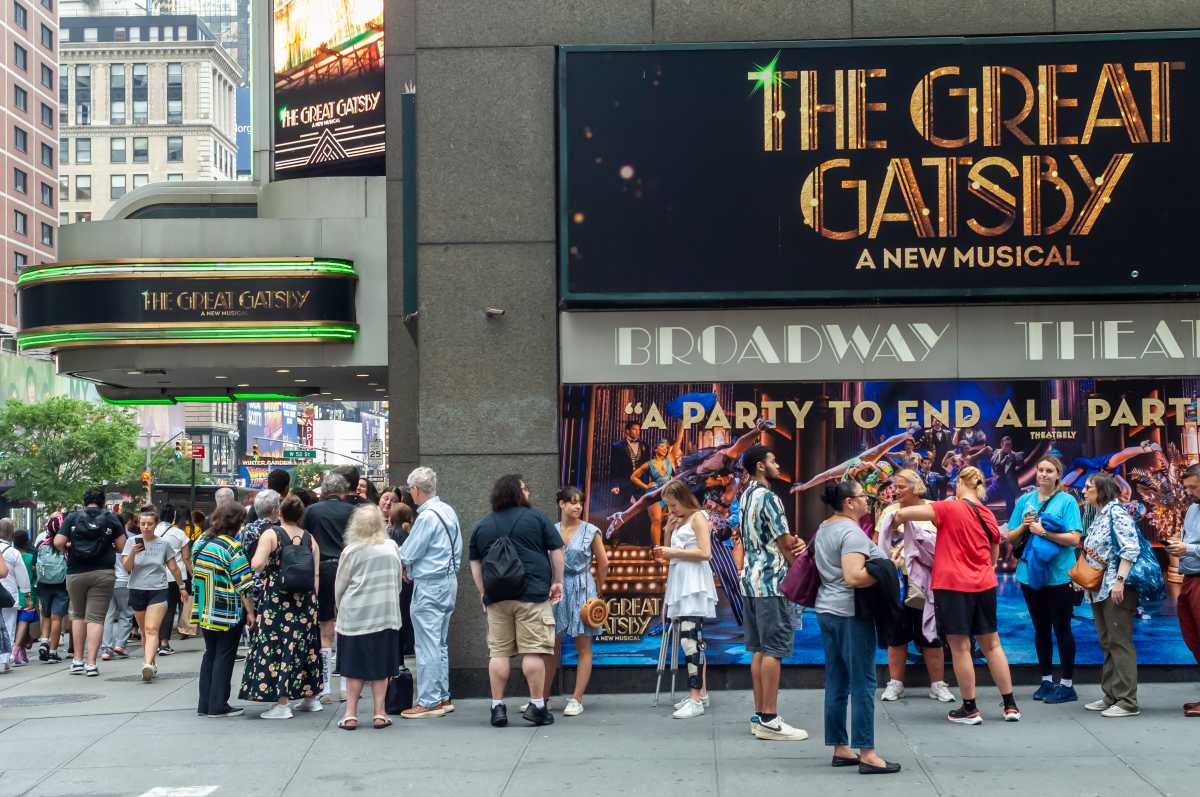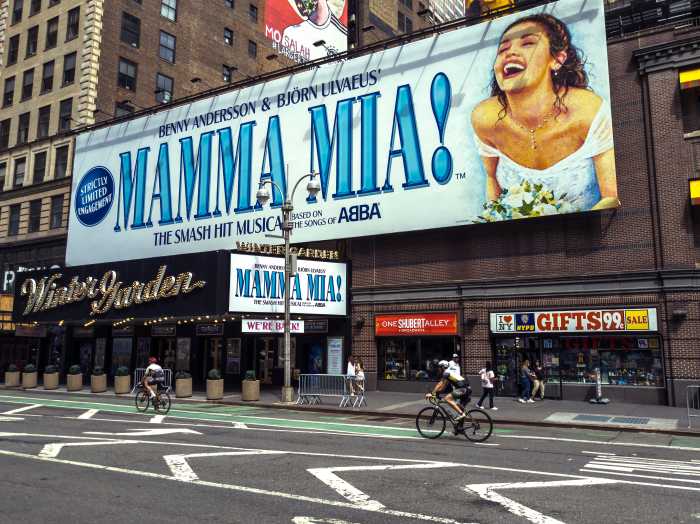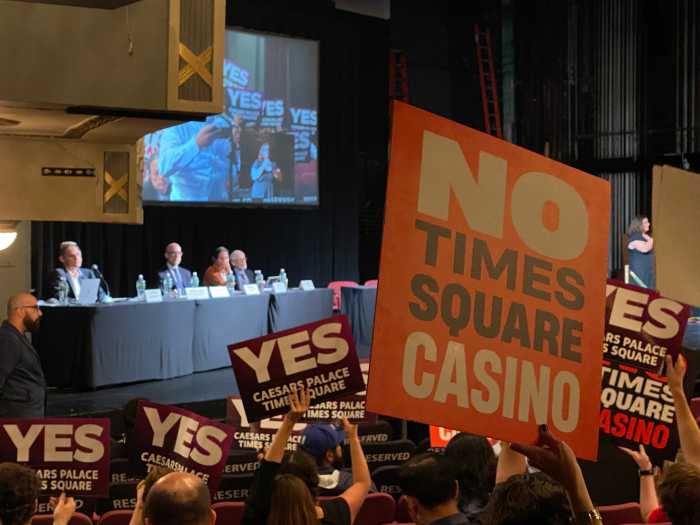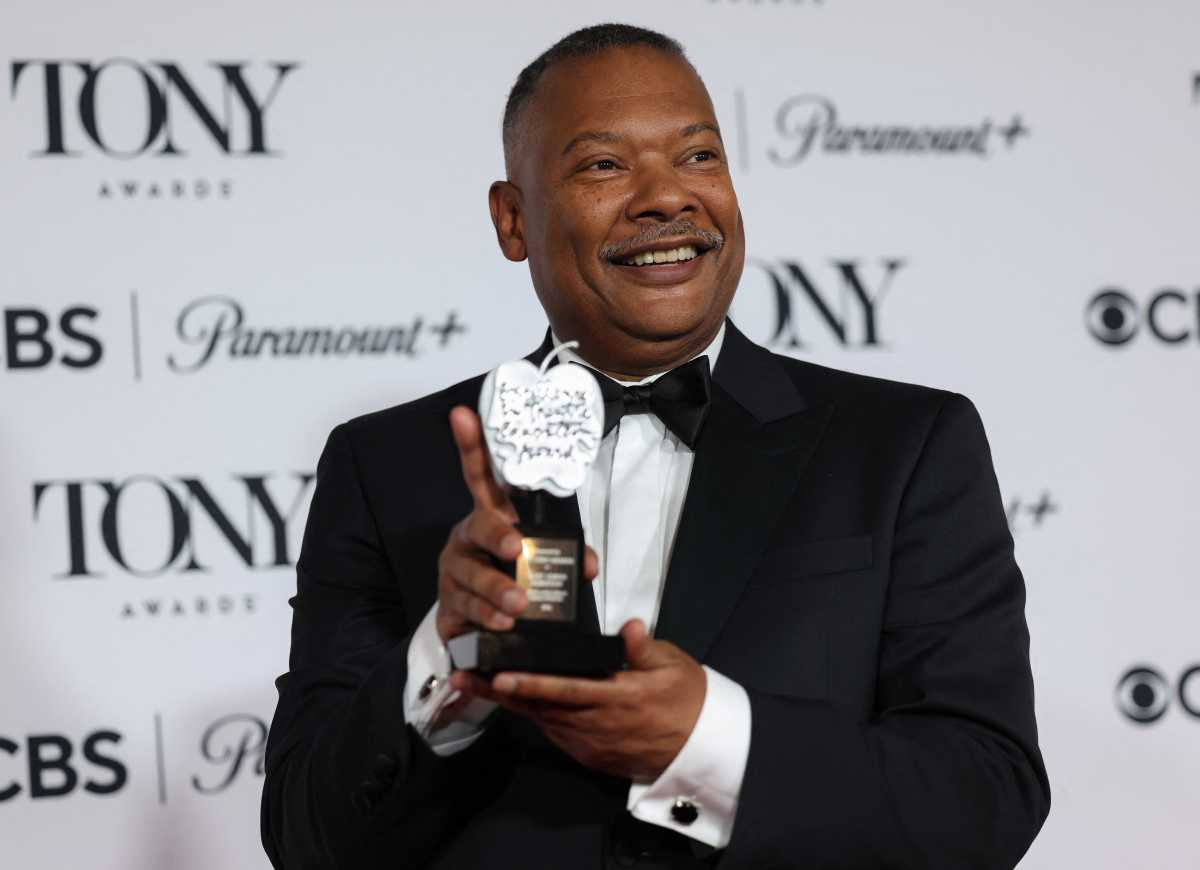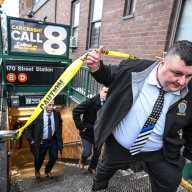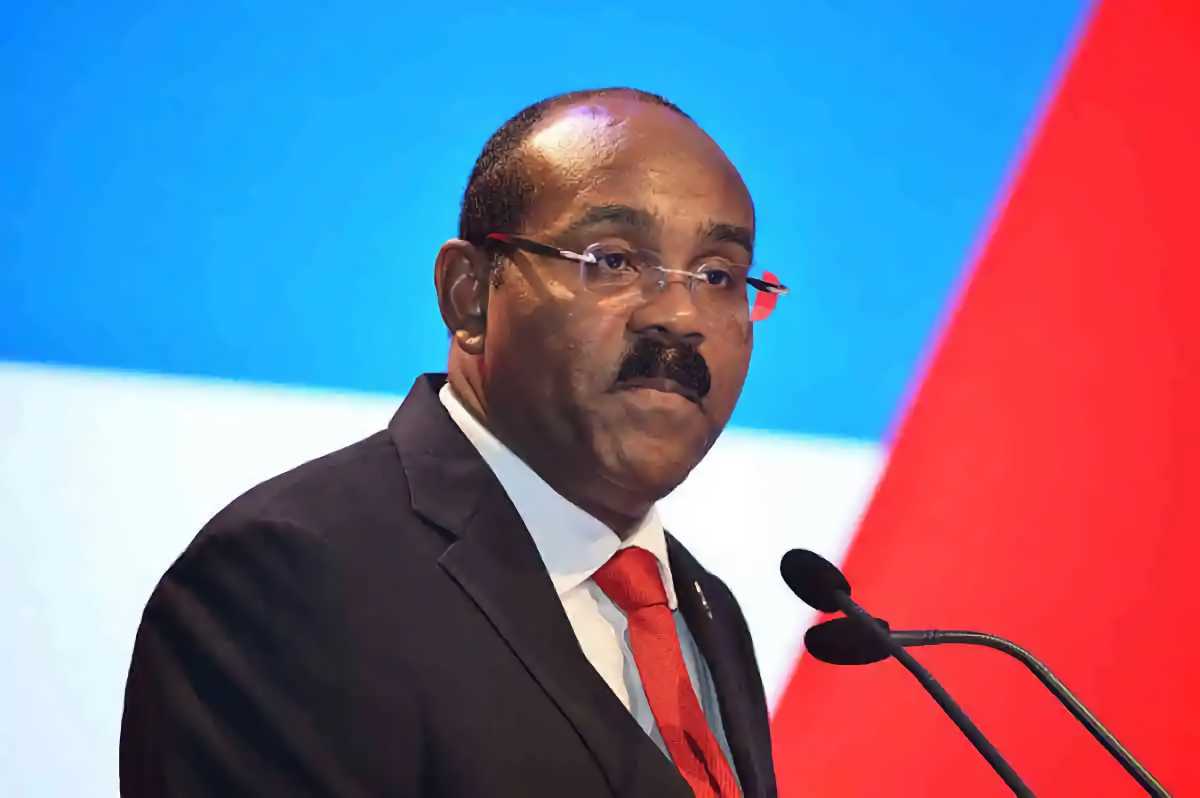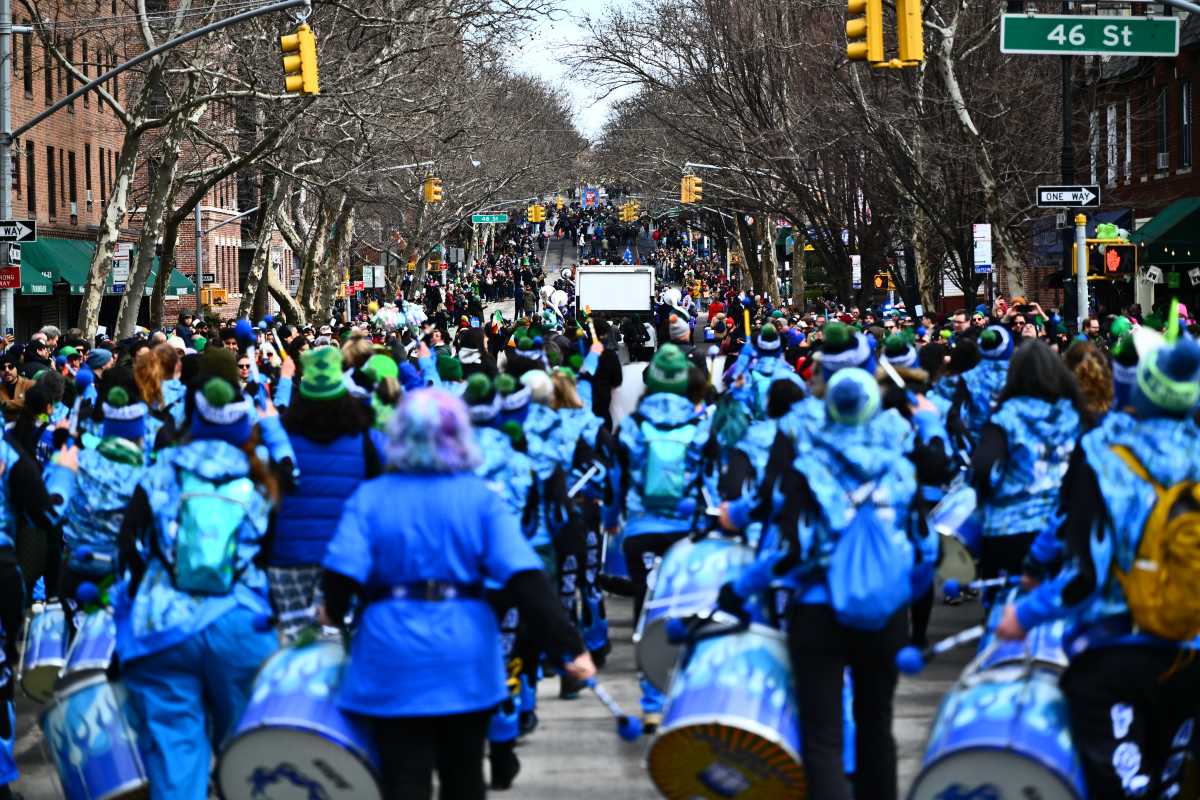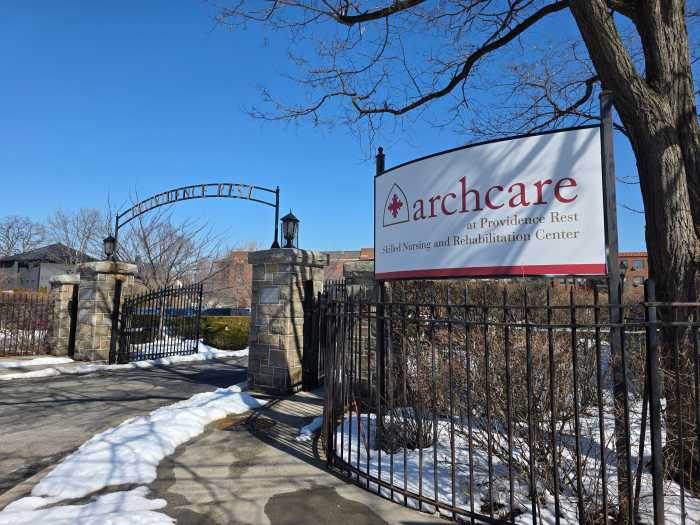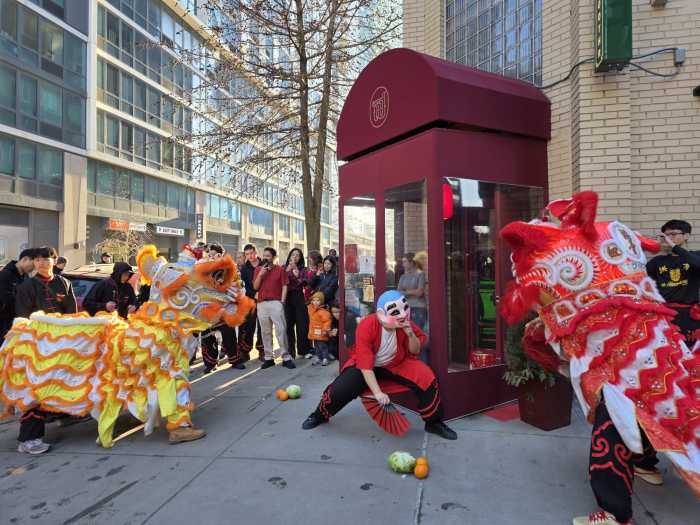Broadway seems to have resolved the first act of its labor troubles on Sunday.
Actors’ Equity Association, the union representing more than 51,000 professional actors and stage managers working in live theater, and the Broadway League have reached a “tentative agreement.”
AEA Executive Director Al Vincent, Jr., lead negotiator with the Broadway League, said “marathon negotiations” that lasted until 6 a.m. on Oct. 19 led to a “tentative agreement” nearly a month after the contract expired. The agreement came after a stalemate over healthcare, some other sticking points, and an expired contract set the stage for a possible Broadway strike.
“This three-year agreement saves the Equity-League Health Fund while also making strides in our other priorities, including scheduling and physical therapy access,” Vincent said. “Now we will bring the deal to our members for ratification, and in the meantime, we are putting our full support behind AFM Local 802 as they work with the League to reach a deal that averts a strike.”
While actors often say they’d like to keep the drama on stage, in this case, a lot of drama hovered around the negotiating table rather than the stage. A tentative deal, at last for now, averts an actors’ strike — yet Broadway isn’t out of the woods just yet, as musicians represented by AFM Local 802 are also seeking their own deal, and have threatened a strike of their own.
Spotlight on Broadway negotiations
Negotiations between the Broadway League and Actors’ Equity began on Aug. 25, but then took an intermission and then resumed on Oct. 8, with a mediator joining with the power to suggest, but not impose, solutions.
The actors’ union staged a rally in Times Square on Aug. 20, before negotiations, seeking to win support and attract attention to issues that they said had become more crucial amid rising healthcare costs.
“Every working person deserves a fair deal at work. We need reasonable schedules, protection when we get hurt,” Equity President Brooke Shields said at the rally. “We need safer staffing practices. We need a fair share of money going into our health insurance.”
The Equity Board had voted to authorize a strike if negotiators determined it was necessary, and distributed strike pledge cards at stage doors as Broadway turned into a battleground.
The contract negotiations and any potential strike would have impacted performers at the 32 theaters that are members of the Broadway League, but could have other implications for actors and other Broadway professionals nationwide.
Nearly 3,000 actors — including Tony winner Darren Criss, LaTanya Richardson Jackson, Alec Baldwin, Brooke Shields, and Adam Lambert — and stage managers who work on Broadway, signed a letter supporting the union in its negotiations to build “a safer, more sustainable and healthier Broadway.”
Some Equity members, at least tentatively, seemed to support the agreement, which they believed, based on their limited knowledge so far, to be better, but left room for improvement.
“It includes some physical therapy,” said one Equity member on condition of anonymity. “I think it’s a beginning. It’s better than what it was, but it is not perfect.”
While details on the tentative agreement weren’t available, the actors had been calling for Broadway shows to “pivot toward humane scheduling, including providing appropriate paid time off” as well as paying their “fair share toward our health insurance.”
The Broadway League, which didn’t respond to requests for comment, earlier said they “look forward to reaching a fair agreement through good faith negotiations that benefits both sides and sustains Broadway as a destination for millions of people from around the world.”
Equity has asked Broadway League producers to pay 0.21% of weekly grosses, in addition to what they currently pay, to fund healthcare.
Although Equity is a national union, nearly 31,000 members are in the Eastern region, which in 2024, including Broadway, represented 84.0% of national earnings, generating $400 million with Broadway income comprising about 41.9% of national earnings, according to an Equity report.
“The money set aside by Broadway, if it was comparable to other theaters, would stabilize the fund,” an Equity spokesman said earlier.
The Equity League Pension and Health Trust Funds were created after a 13-day strike which closed all Broadway theatres in 1960.
The agreement, which an Equity spokesperson said must still go to the Equity board for a vote and then be ratified by members, could still not be enough to avert a strike.
Musicians seek their own deal
Even if the Actors’ Equity deal holds, the Local 802 AFM strike on Broadway may still occur if its own negotiations with the Broadway League fall through.
Local 802 union President Robert Suttmann, in a written statement, said his union was “still in negotiation for a fair contract, and everything remains on the table, including a strike.”
The musicians’ union already approved a strike. An Equity spokesperson said the actors’ union would honor those picket lines.
Some Equity members, at least, said that an agreement by the actors’ union could improve the musicians’ stance and chances of reaching a deal.
“I think with this in place, it will put the musicians in a better place for negotiations,” an Equity member said.
